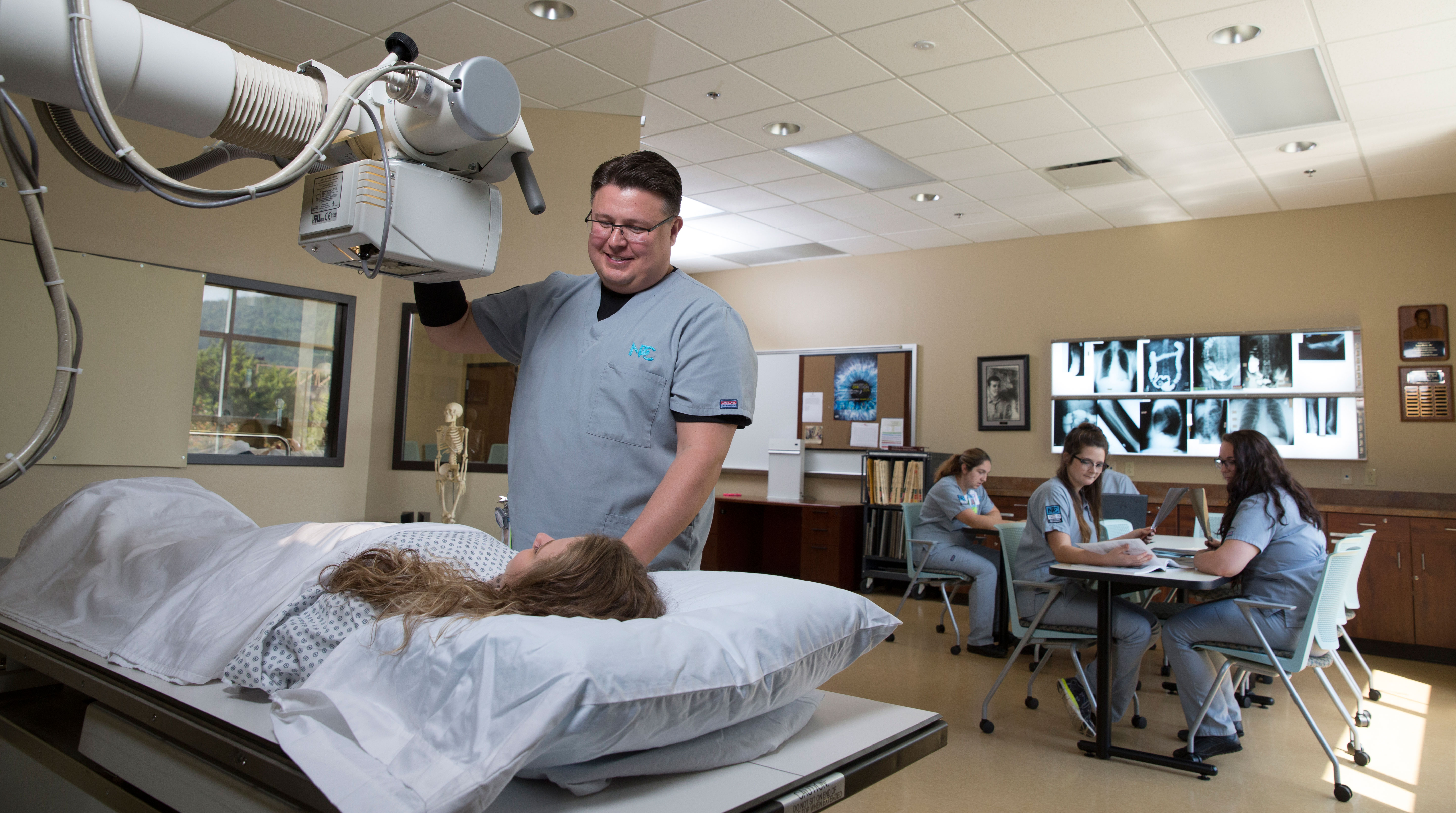Program Overview
This program prepares you with the necessary technical skills of imaging and interpersonal patient care skills to qualify as contributing members in today’s healthcare environment. Upon completion of the program, you will be eligible to take the American Registry of Radiologic Technology examination to attain professional status as entry-level radiographers.
Read more about the Application Process and checklist.
The Radiologic Technology application deadline is April 24.

